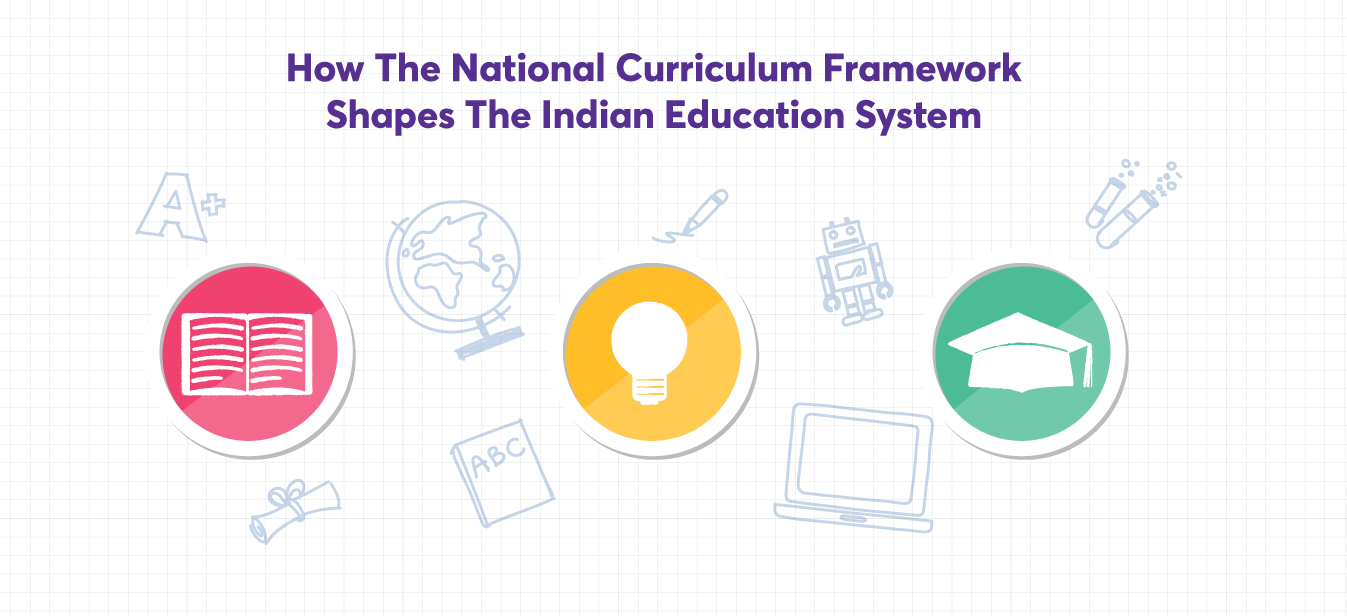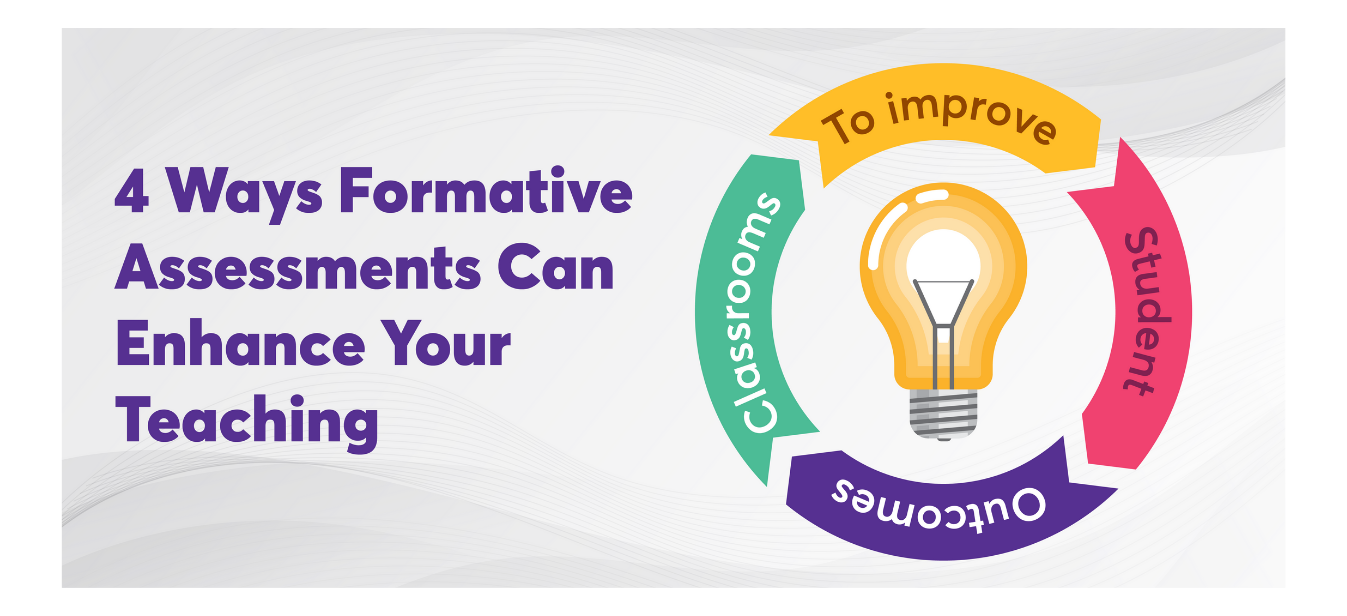
The National Curriculum Framework (NCF) provides guidelines for educational planning and development at every level — right from pre-primary to higher secondary education. It also covers areas such as learning outcomes, curriculum development, pedagogy, and assessment that are common across all types of school programs. India is currently using the fourth curriculum published by the National Council for Educational Research and Training (NCERT) in 2005.
Impact of National Curriculum Framework on Indian Education
The NCF will have a significant impact on the education system in India. It provides a national benchmark for achieving quality standards across all states. As the Hon’ble Union Minister for Education said at the launch of the Mandate Document of the NCF, “If NEP is the guiding philosophy, then NCF is the pathway, and this mandate is the constitution.”
The NCF encourages students to participate in activities that enable them to learn about other cultures, traditions, and perspectives through activities like field trips and visits to museums. It highlights, how every individual must be given opportunities for different kinds of learning experiences and interactions with others from different backgrounds and cultures,
The NCF also stresses the importance of developing an integrated understanding of science, mathematics, technology, and social sciences to develop skills like critical thinking and problem-solving abilities among students. It recommends that students should engage in challenging tasks that require them to apply scientific concepts in real-life situations.
The Mandate Document focuses on holistic development. It emphasizes on multi-disciplinary education, teaching in one’s mother tongue, continuous professional development of teachers, and life-long learning. The view of the Document is to address the learning losses caused by the pandemic. It is a progressive step towards creating the transformative, holistic, and integrated reforms needed across the Indian education ecosystem.
Anita Govindrajan, our Sr. Curriculum Developer at Square Panda India mentions, “Education today is not just about mechanical learning. It is about life skills and critical thinking. It is necessary that learners construct knowledge on their own by exploring the environment around them. The National Curriculum Framework offers students a more balanced learning experience that focuses on discovering, exploring and asking questions.”
Here are a few key focus areas of the National Curriculum Framework, and how it can be applied for real-world benefits:
Stress-Free Learning
NCF focuses on stress-free learning, making the experience a joyful and engaging one for teachers and students alike. Historically, students were taught to learn by rote, which made it difficult for them to learn and apply the knowledge in real-life situations.
Today, students are being taught to think critically, and solve real-world problems. This makes it easier for them to learn new concepts and apply them in various situations. The curriculum is also becoming more flexible, allowing students to have more control over their learning experience. By using textbooks only as a starting point rather than the basis for exams in addition to innovative pedagogical approaches, the learning process has become more flexible, making the pursuit of knowledge more rewarding and stress-free for students.
Edtech as an enabler
Technology is used in all facets of our lives, and it is no surprise that it has become a significant factor in the educational system. The use of technology can help teachers engage students in learning activities while providing them with new opportunities to learn. Furthermore, students can collaborate with their peers across the globe and access diverse perspectives on their study material.
The use of educational technology also allows teachers to create a more engaging curriculum for their students. Teachers can use various websites and applications that would enable them to develop interactive online classes, which are often more fun than traditional lessons where students simply write down information on paper or listen as the teacher speaks. Teachers can also use technology to provide students with a platform for creating projects and reports that can be shared with other classrooms around the world.
Upskilling teachers
Teachers are a key pillar of the education ecosystem. Hence, they need to be empowered with the proper skills, knowledge, and tools to enable them to do their jobs effectively. This means ensuring that they have access to ongoing professional development opportunities in addition to resources and materials that will help them improve their practice.
If teachers are trained to use different teaching methods, they will tailor their learning approach to suit every student’s needs. This ensures that all students are engaged, regardless of their age or background. It gives them the best chance of academic and social success in school environments, while also helping improve student retention rates over time.
Square Panda India has a demonstrable track record of successful education interventions across India. The company has a comprehensive array of products and programs that aim to improve learning outcomes from pre-primary through secondary grades. Square Panda India envisions contributing to the nation’s education landscape by focusing on the holistic development of each education stakeholder. To know more, visit ecce.squarepanda.in
Here are some useful videos to explore the topic further:
Anganwadis Their Role And How Training And Support Can Impact Them
Unpacking The National Education Policy- Readiness For Young Learners
5 Reasons India Needs A Strong Early Childhood Education System
You may also be interested in reading some of our blogs on government initiatives in early education:
The Role Of Public-Private Partnerships In Early Childhood Education
Square Panda India Suggests: Guidelines To Create AatmaNirbhar Learners
3 ways Square Panda’s Research-based Programs Align with NEP 2020’s objectives
We hope that you enjoyed our post on National Curriculum Framework. If you have any tips or suggestions please leave a comment below. If you would like to collaborate with us, you can drop us a mail on marketing@squarepanda.in.
Follow us so that you never miss out on any updates:
Facebook | Twitter | LinkedIn | Instagram | YouTube


